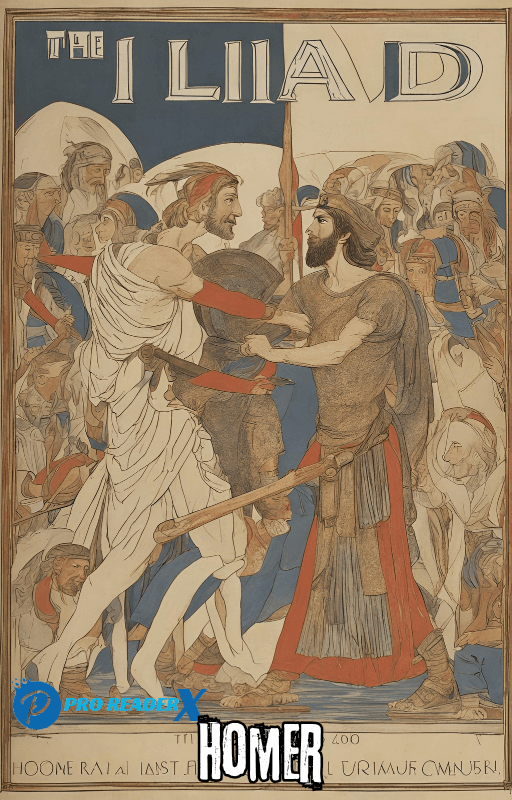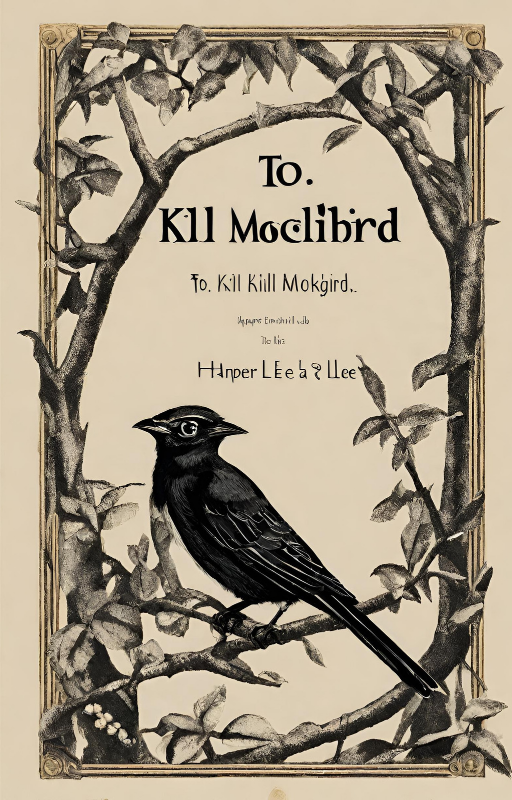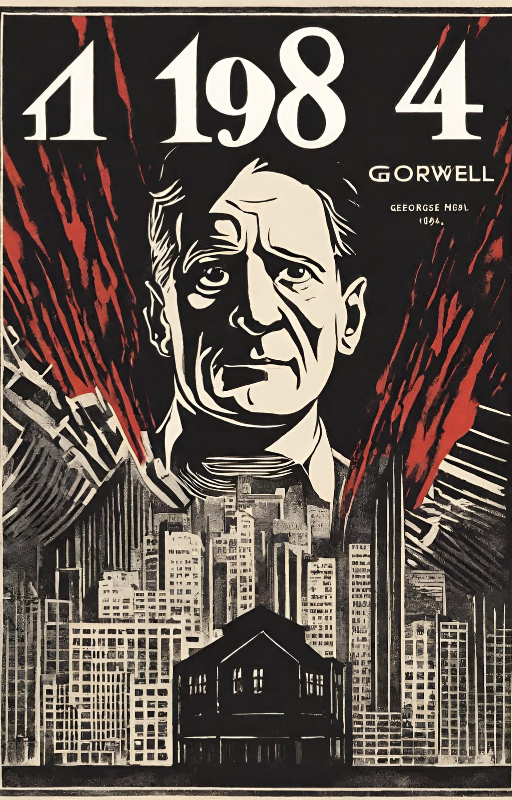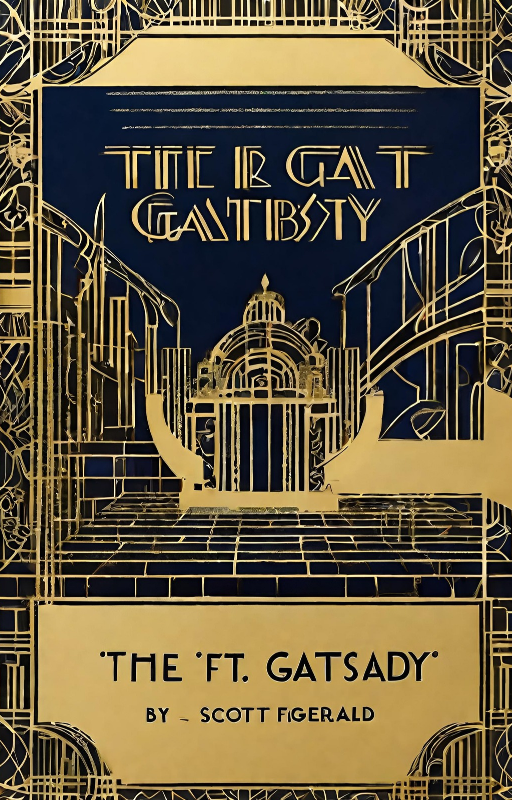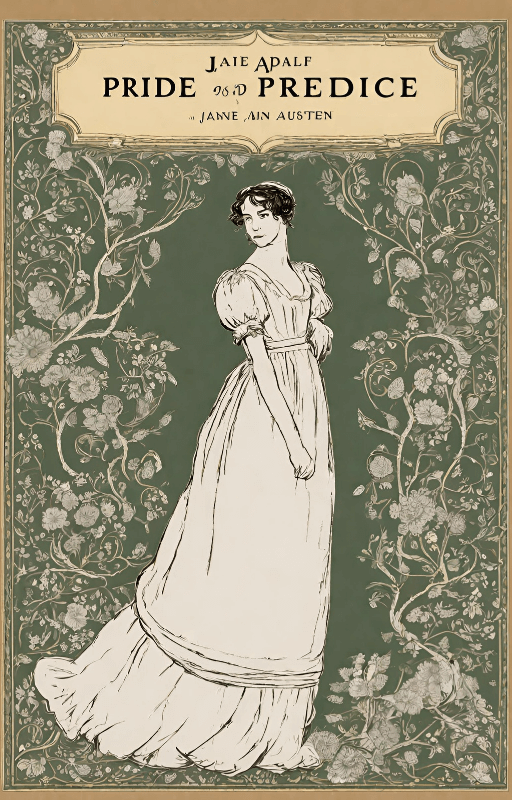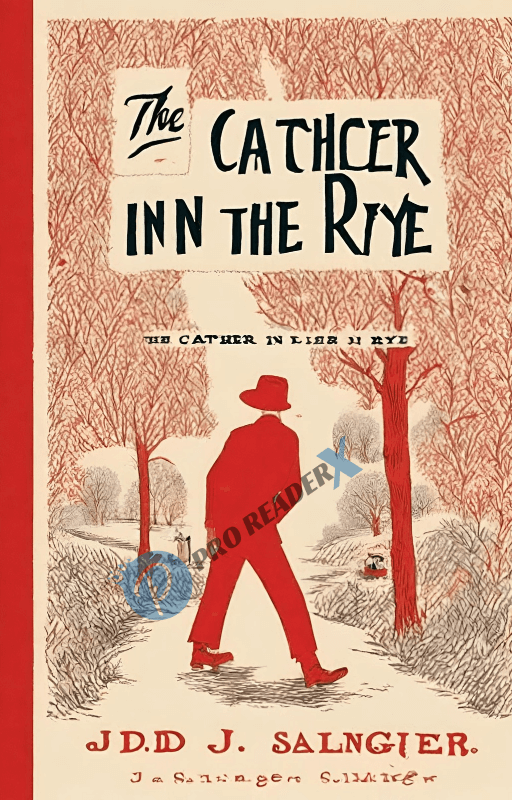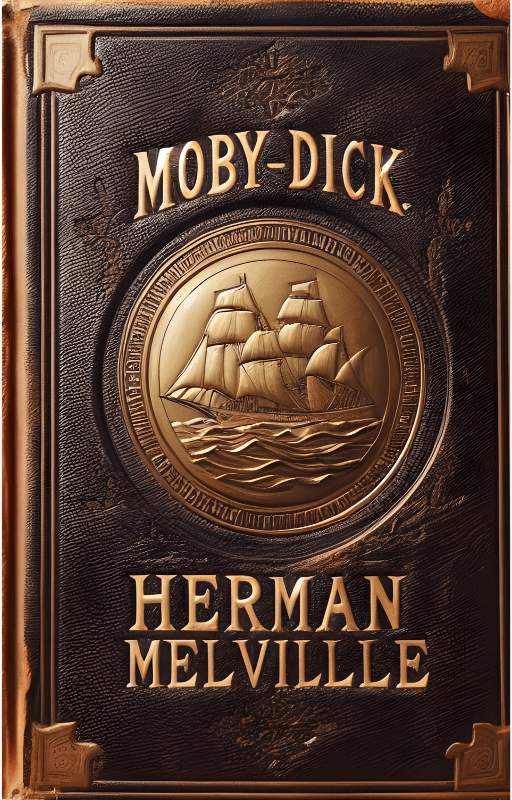introduction
Greetings from the epic realm of The Iliad, among the most timeless pieces of writing ever composed. Authored by the legendary Greek poet Homer, this masterwork transports us to the center of the Trojan War, where gods step in, heroes fight, and fates are formed. This synopsis of The Iliad will provide a thorough but engaging overview, regardless of whether you are interested in literature as a student or just curious about old mythology.
History of The Iliad
Who was Homer?
Homer remains a little enigmatic. Probably living in the eighth century BCE, he is credited with writing The Odyssey and The Iliad. These epic poems, handed down orally before being written down, enthralled generations with their stories of bravery, adventure, and supernatural help. Homer had an indisputable influence on literature, even if some questioned whether he was a single person or a group of storytellers.
The Setting of The Iliad
The Iliad occurs in the last year of the ten-year siege of Troy, also known as Ilium. The battle started when Helen, the wife of Spartan King Menelaus, was kidnapped by Paris of Troy. This deed set off a great fight on the fields of Troy, with soldiers and monarchs vying for fame, honor, and retaliation among many Greek city-states.
Characters Main
Achilles
Achilles, the novel’s primary protagonist, is known for his unparalleled fighting skills and almost invincibility, which he credits to his mother, Thetis, for dipping him in the River Styx. However, his heel remained weak, giving rise to the well-known phrase “Achilles’ heel.” The story’s central motif is his fury and ultimate return to fighting.
Victor Hector
Hector, a mighty warrior and prince of Troy, is Achilles’ principal foe. He comes across as a kind, loving family guy who feels obligated to protect his people and community. His demise is among The Iliad’s most moving scenes.
Agamemnon
Agamemnon is the Greek army leader and ruler of Mycenae. The war is greatly affected by Achilles’ exit from the fight after he disagrees with him over a captured lady, Briseis.
Helen
Helen—whose kidnapping by Paris started the Trojan War—is often portrayed as both the pinnacle of beauty and the source of great misery. Her Part in the narrative is nuanced; she represents the effects of the conflict on both human and supernatural levels.
Overview of the Plot
Achilles’ Agony
The novel starts with Achilles’ rage. Achilles leaves the fight, severely disadvantageing the Greeks, furious at Agamemnon’s choice to accept his war prize, Briseis. His wrath and unwillingness to fight are vital to the story, emphasizing concepts of pride and dignity.
The Paris and Menelaus Duel
One famous early scene is the fight between Menelaus and Paris. Designed to stop the battle, the spectacular but ultimately fruitless combat highlights the gods’ arbitrary nature and influence on human affairs.
Highlights of the Battle Scenes
The graphic and realistic war scenes in The Iliad are well-known. Homer doesn’t hold back when depicting the mayhem of battle, the bravery of the soldiers, and the terrible casualties on both sides. These sequences emphasize the individuals’ personal grudges and the vanity and futility of war.
A Death of Patroclus
Achilles’ close friend and buddy, Patroclus, enters the fight, donning Achilles’ armor to encourage the Greeks. Hector’s killing of him is a watershed that rekindles Achilles’ rage and desire for retribution.
Return of Achilles
Grieving and enraged, Achilles returns to the battleground, unstoppable and brutal. In one of the best-known scenes in The Iliad, his battle with Hector ends tragically.
Death of Hector
Achilles kills Hector and drags his corpse around Troy’s walls behind his chariot. This intensely felt act of retaliation captures the extremes of Achilles’ personality and the terrible human toll of the battle.
The Fall of Troy
The Iliad prepares the reader for the Greek victory, even if it finishes before Troy falls. At the poem’s end, Hector’s funeral represents the great sorrow of the battle and Troy’s impending demise.
Themes and Analysis
Honor and Glory
Glory and honor are essential in the Iliad universe. Warriors fight for their names to live on and for victory. The characters act out of this quest, which frequently has both sad and noble results.
fate and free will
Recurrent themes include the conflict between fate and free will. Knowing that the gods have some influence over their fates, characters frequently battle with their fate. Despite the expected results, they still choose to claim their free will.
The Part, the Gods, Played
Intimately involved in human events, the gods in The Iliad are frequently motivated by their whims and rivalries rather than being far-off deities. Their interventions add depth to the human drama by highlighting their belief in heavenly control over earthly lives.
Impact of the Iliad
Influence on Literature
Western literature has dramatically benefited from The Iliad. Its themes, characters, and narrative strategies have impacted many works, from classical tragedies to contemporary novels. Both writers and readers find great resonance in the epic’s examination of mortality, honor, and valor.
Modern Adaptations
The Iliad never goes out of style, from films like “Troy” to modern retellings in books and television shows. Homer’s epic is kept current in contemporary society by its dramatic stories and ageless concepts, allowing various interpretations.
Conclusion
Beyond being a battle story, The Iliad delves deeply into human nature, honor, and the relationship between fate and free will. Homer’s epic enthralls and inspires with its colorful characters, fierce conflicts, and moving themes. Whether reading The Iliad for pleasure or study, it provides a timeless exploration of the complexity of the ancient world and the human soul.
FAQs
Q1: Why is Achilles considered the most significant Greek warrior in the Iliad?
Achilles’s unparalleled combat prowess, courage, and almost invincibility have made him the most famous Greek warrior. He was nearly immortalized when his mother Thetis dipped him in the River Styx. His heel is his one weakness, and it ultimately brings him down. Achilles is a central character in The Iliad because of his wrath, fighting skills, and crucial role in the Trojan War.
Q2: What role do the gods play in The Iliad?
The Iliad’s gods are acutely engaged in human concerns. They adopt sides, step into conflicts, and influence the protagonist’s destiny. For example, when Apollo backs Hector, Athena helps Achilles. Their activities deepen human problems and mirror the old Greek belief in heavenly power.
Q3: How does Hector differ from Achilles in terms of character?
Achilles and Hector have somewhat different personalities. Hector is a kind, faithful, and incredibly loyal man to his family and community. He battles to protect Troy and those he loves. Achilles is motivated by glory and personal honor, however. He is more complicated and, at times, less sympathetic because his rage and desire for retribution drive his actions.
Q4: What significance does Patroclus’ death have?
The Iliad undergoes a significant sea change with Patroclus’s death. Achilles’s grief at Hector’s hands is profound, and it makes him want to fight again. This incident, in addition to leading to Hector’s final demise, emphasizes friendship, devotion, and the terrible human losses brought on by war.
Q5: Why does The Iliad end with Hector’s funeral instead of the fall of Troy?
Rather than stressing the war’s outcome, the Iliad closes with Hector’s burial to highlight its human cost and misery. This epilogue emphasizes the themes of honor, mortality, and the transient character of grandeur throughout the epic. Focusing on Hector’s valiant death and his loved ones’ sorrow, Homer reminds readers of the war’s enormous emotional toll.
